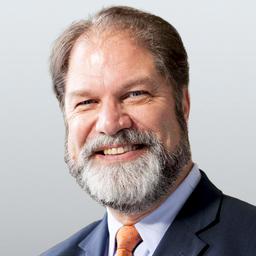Commentary
I’m old school and believe that it would be helpful if someone worked their way through the ranks. When you join a well-established social organization that’s been around for a long time and has a large membership and you wish to become more involved, they usually don’t instantly make you the club president.





